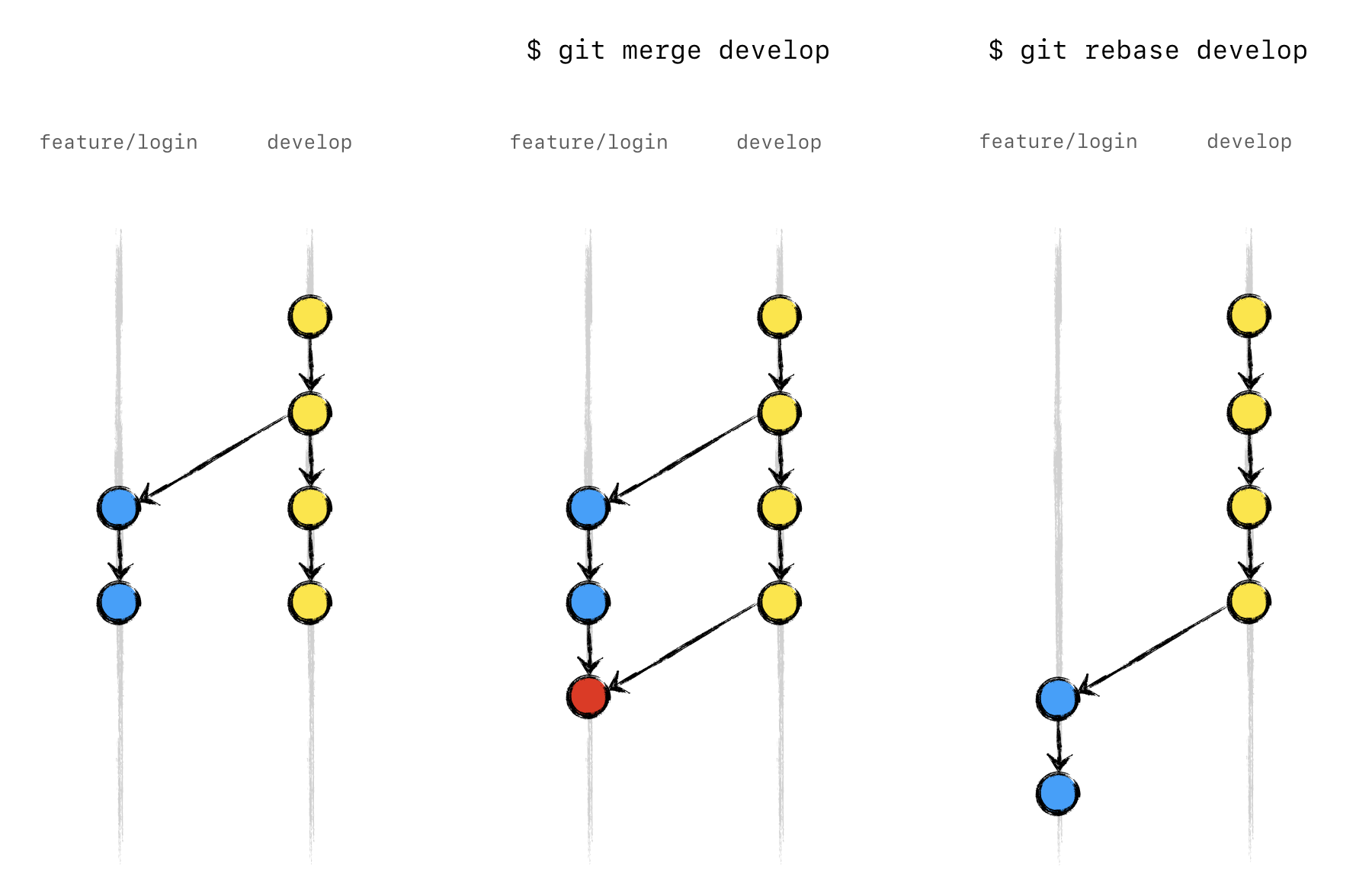

For example, you could use rebase or even pull with rebase instead of merging. A git rebase upstream will first set HEAD to the upstream branch, hence the switch of ours and theirs compared to the previous current working branch. Of course, there’s plenty of different ways you could tackle this problem. Our tutorial will get you started using git upstream and forks to maintain a common repository.

Because of this, when a merge conflict happens. Git upstreams are key to keeping track of project changes.
If you’re confused about how this works, check out the History section of Git for Computer Scientists for some graphs on how the fetching and merging process works. Note that a rebase merge works by replaying each commit from the working branch on top of theDoing a pull usually only brings changes in from one source. How is this different from just doing a git pull upstream master? This brings in changes from two different sources: his own fork and the main repository (the upstream). Now git pu will grab all of the latest changes from both remotes, and then merge in the commits from upstream. This has the exact same effect as git reset -hard <.
Pu = !"git fetch origin -v git fetch upstream -v git merge upstream/master" 3 Answers Sorted by: 20 You need to checkout another-branch locally before rebasing it. The current branch is reset toGit remote add upstream git:///user/repo.git git rebase upstream/thebranch This will change the history of your branch that you used in the PR. So, he’s created a helpful alias so he can merge in changes easily.įirst off, he’s got a consistent naming scheme for his upstream remote: As soon as it finds one, it picks it as the starting point for the rebase ( B in the example above).This tip comes from Dav Glass, whose work on YUI at GitHub requires him to bring in commits frequently. Assume you are currently working on master branch, and wish to rebase feature branch onto master. , and so on) it checks if that commit is an ancestor of the current branch head master. There is a button that swaps branch and upstream. This reflog represents the tips of successive git fetch operations on origin, in "most recent first" order.įor each reflog entry, ( then. To do this, it looks at the reflog of the remote tracking branch ( origin/master, in this case). This differs from git fetch + git rebase origin/master in that the pull -rebase command tries to find out which commits are really your local ones, and which had come from upstream in an earlier fetch.
Git rebase upstream how to#
git fetch upstream master git checkout -b newfeature upstream/master. other/repo.git git fetch upstream git rebase upstream/master git checkout my-branch git rebase master How to add a default editor to git git. Both of these commands are designed to integrate changes from one branch into another branchthey just do it in very different ways. origin/master is the new updated origin/master ( B') Just branch from upstream/master, make your commits there, and then you can push (or pull-request) those commits, which fit neatly onto upstream/master. Shared feature branch on upstream repo is not required for that feature. Conceptual Overview The first thing to understand about git rebase is that it solves the same problem as git merge. Updating to newer upstream It automatically discards commits cherry-picked to/from upstream, resulting in a shortest possible branch tracking our own changes.What git pull -rebase does, in this case, is: git fetch origin See " what does " git pull -rebase" do?" (origin/master)ī'-D (actual origin/master after changing B and force pushing) SnakE mentions in the comments that git pull -rebase isn't exactly git fetch & git rebase origin/master. I illustrate it in " master branch and ' origin/master' have diverged, how to 'undiverge' branches'?" If you just rebase without first updating upstream/master, you won't get the same result. The git pull -rebase will fetch ( git fetch) first, updating upstream/master commits.


 0 kommentar(er)
0 kommentar(er)
